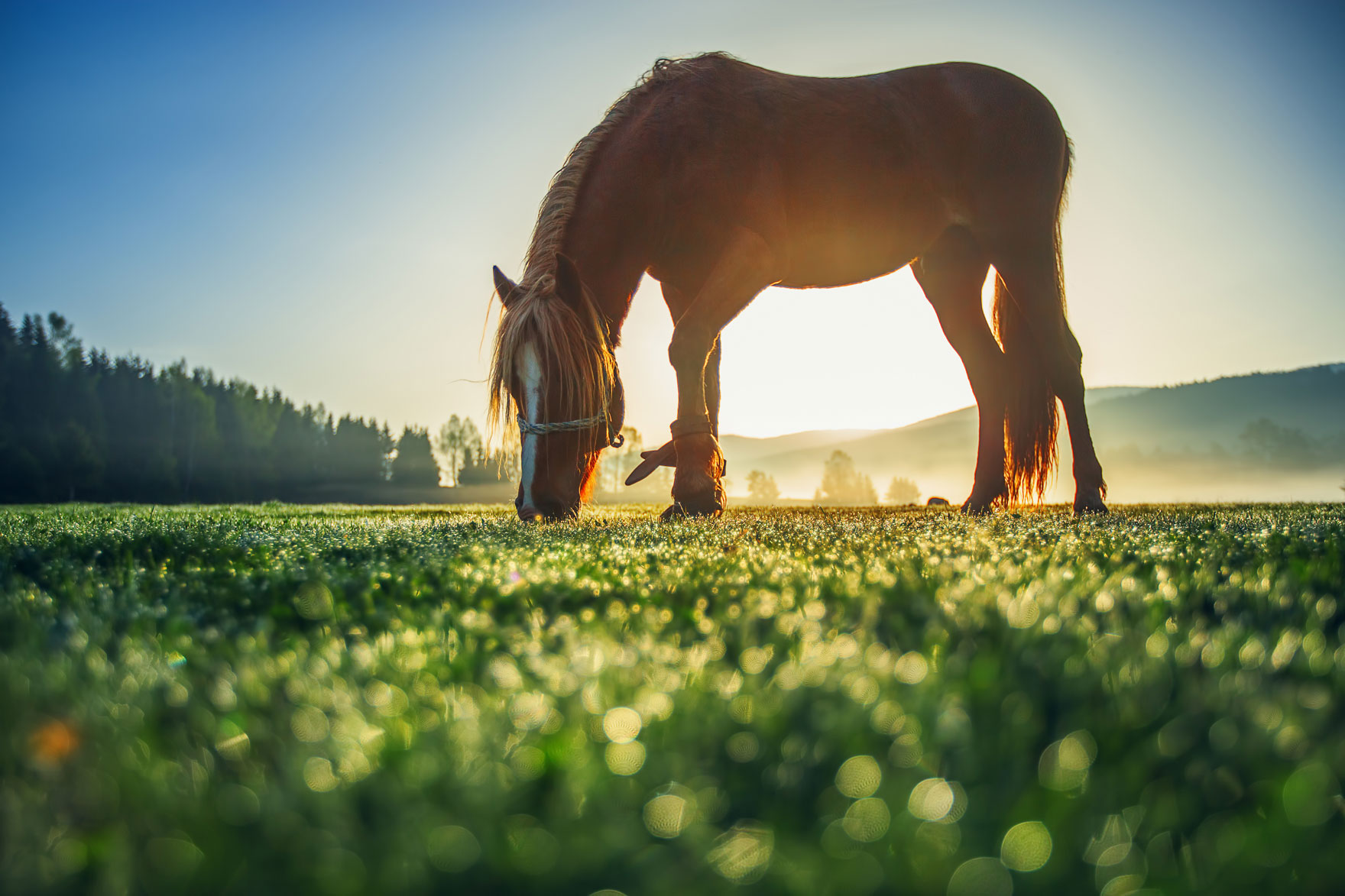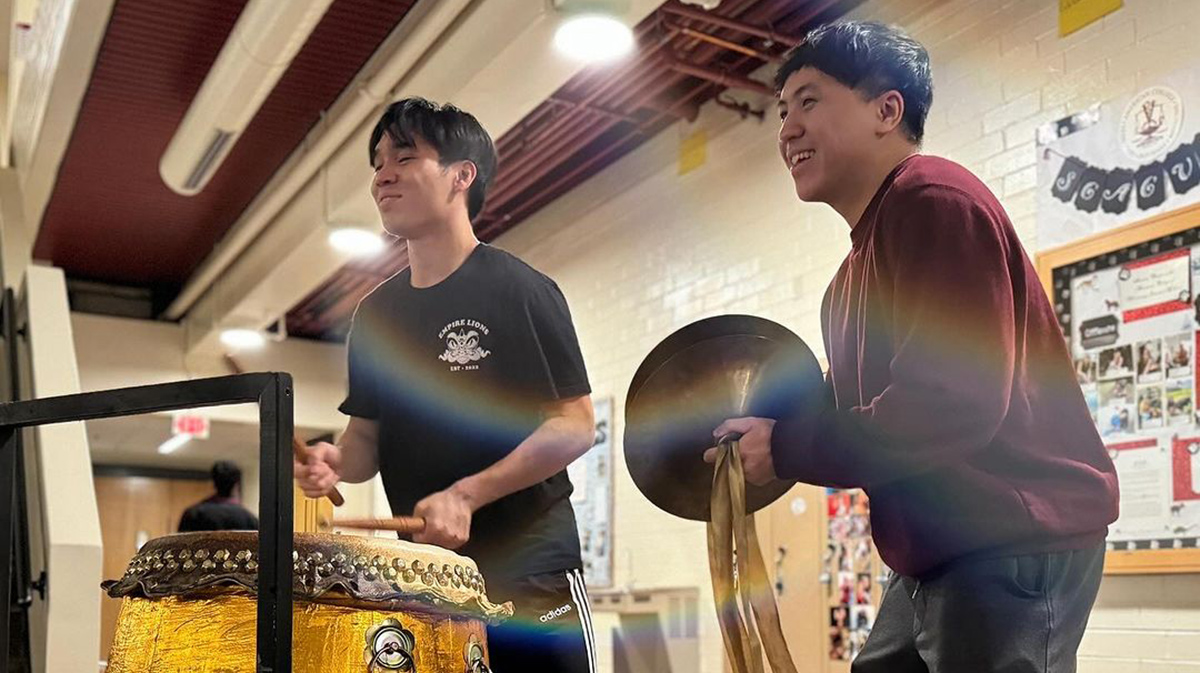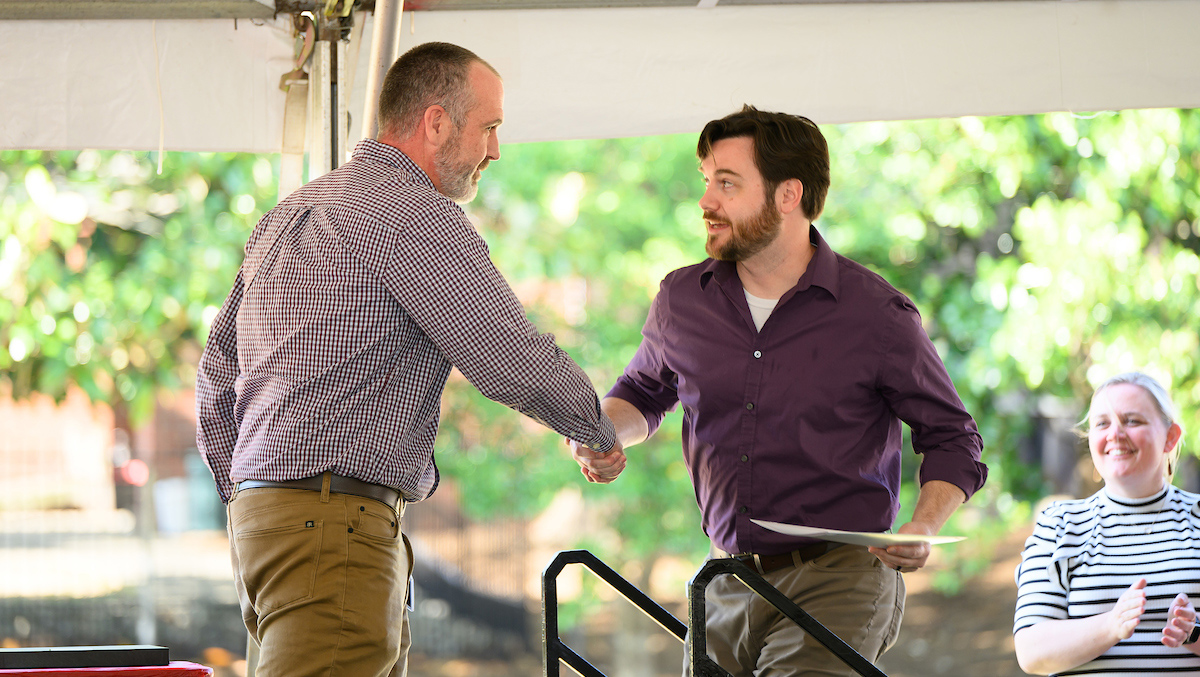NC State Lab Animal Medicine Students Earn Top Residencies
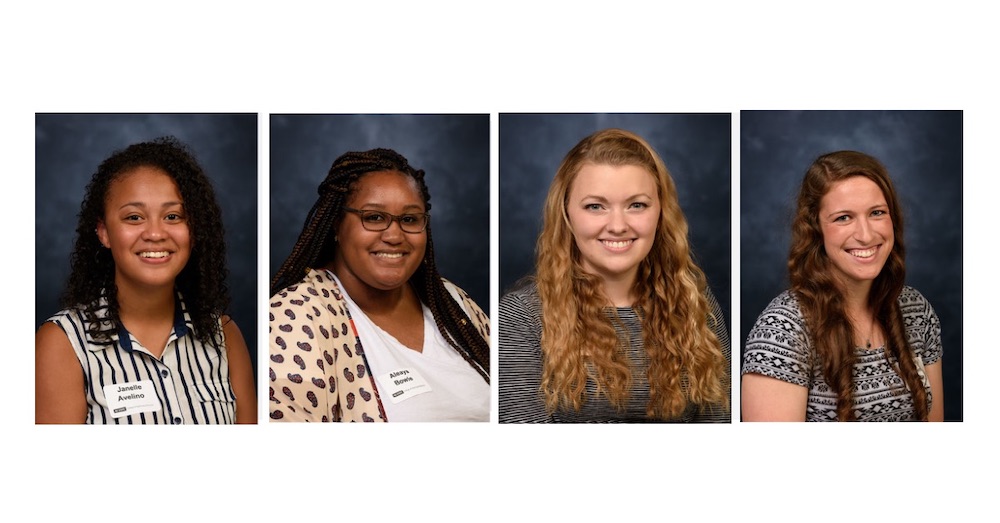
Four members of the NC State College of Veterinary Medicine class of 2021 have received prestigious residences in laboratory animal medicine, showcasing the college’s continued impact within a vital veterinary field.
The DVM students, who will begin their residencies after graduation in May, are: Janelle Avelino (Yale University), Kristen Bagley (Emory University), Aleaya Bowie (Vanderbilt University Medical Center) and Mallory Brown (the Johns Hopkins University School of Medicine).
The students were informed of their assignments during veterinary medicine Match Day on March 1, when students are informed of residency placements in a system run by the American Association of Veterinary Clinicians.
The college’s traditionally strong lab animal focus area is led by Nneka George, a clinical veterinarian in laboratory animal resources, and Gabriel McKeon, a university attending veterinarian, who provide mentorship and offer an array of lab animal medicine-related activities to students throughout the four-year DVM curriculum. The foundation for the current lab animal focus program was established by the now-retired Richard Fish.
“These students are all exceptional in their own way and I look forward to calling them fellow diplomates in the American College of Laboratory Animal Medicine,” says George, who earned a DVM from NC State in 2005. “I am so proud when I remember this is the first group of students I have followed through their four years since returning to work at the CVM.”
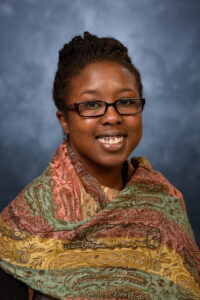
Laboratory animal medicine, a focus area within the college’s DVM curriculum, combines multiple veterinary fields, including clinical medicine, pathology, facility management and research. Specialists in laboratory animal medicine usually spend up to three years in post-DVM training.
“Match Day was such an exciting time because all four of us who applied to lab animal residences got into our top choice programs,” says Brown. “Our success is a testament to the learning environment at NC State, where everyone is able to excel because of the support, mentorship, and professional opportunities we benefit from throughout our veterinary education.”
The focus area has been further bolstered through the years by the work of 1986 CVM alumnus Tracy Hanner, who coordinated the laboratory animal science and pre-veterinary medicine program at North Carolina Agricultural and Technical State University from 1986 to 2016 and recently retired from the university.
Several students who Hanner mentored enrolled at the CVM over the years and went on to lab animal residency programs across the country. A scholarship in Hanner’s name was launched last summer.
“Though NC State has had a long history of graduates matriculating into laboratory animal medicine training programs, I am particularly proud of these members of the class of 2021,” says Laura Nelson, CVM associate dean and director of academic affairs. “All have been leaders in their class and will make important contributions to laboratory animal medicine and biomedical research through their work.”
Brown says she was attracted to Johns Hopkins residency program because of the breadth and depth of its clinical training and research opportunities, and the responsibilities over case management that the program provides residents.
She says McKeon and George provided invaluable mentorship over her four years at the CVM, from fostering her interest in the lab animal medicine field her first year to offering numerous training and shadowing experiences.
“My classmates and I owe much of our success to the generous professors, staff, and administration in the College of Veterinary Medicine,” she says. “They have rigorously prepared us for challenging careers.”
When Bowie first visited the CVM four years ago, she knew it was where she belonged, she says. She got the same feeling when interviewing at Vanderbilt.
“I will be joining an incredible team, with a wonderful program, supporting extraordinary research. But most importantly I’m joining a new family that has already welcomed me,” says Bowie. “I’m inspired by their dedication to mentorship, their success fostering laboratory animal veterinarians and supporting the many women in leadership positions. I cannot wait to join them.
For Avelino, a residency at Yale means she will not only be able to move back closer to home in Connecticut, but continue research interests cultivated at the CVM.
“I’m thrilled to be joining a field that is contributing to the advancement of medicine and science,” says Avelino. “I feel that it allows me to have a bigger impact on society as well as provides me with the opportunity to work with such fascinating species, like the common marmoset.”
Bagley will be working with a unique species as well. After her two-year residency at Emory, she’ll complete a one-year fellowship in nonhuman primate medicine.
The majority of her time during her residency and fellowship will be spent at the Emory-owned Yerkes National Primate Research Center in Atlanta, where she interned in the summer of 2019.
Our success is a testament to the learning environment at NC State. – Mallory Brown, class of 2021
Yerkes is home to over 3,000 primates, with 1,000 at the main center, where the focus is biomedical research, and about 2,000 at the center’s field station, where the focus is behavioral research and is home to a rhesus macaque breeding colony, says Bagley.
“During my first semester of veterinary school, I discovered that laboratory animal medicine was the ideal career path for me,” says Bagley. “I am passionate about practicing clinical medicine, supporting scientific discovery and optimizing animal welfare. Laboratory animal medicine exemplifies these core values.
“I am excited to become a laboratory animal veterinarian to positively impact the health and well-being of both people and animals.”
~Jordan Bartel/NC State Veterinary Medicine
